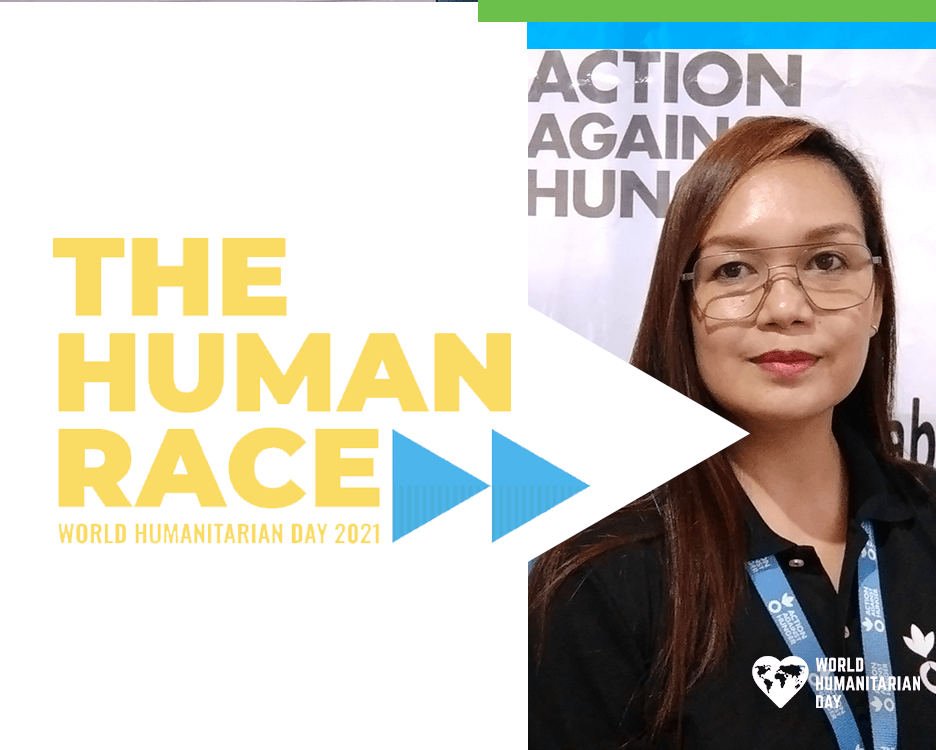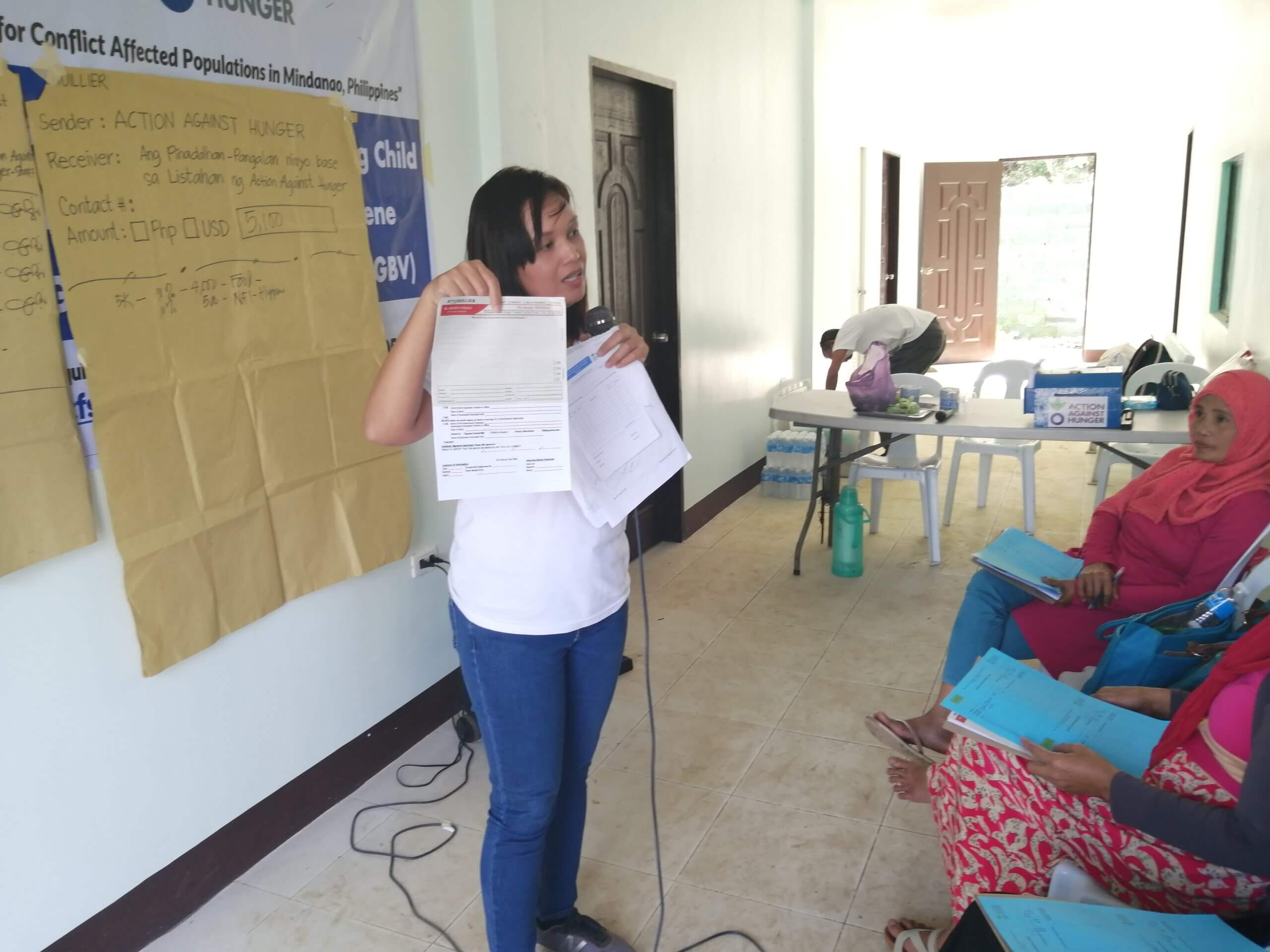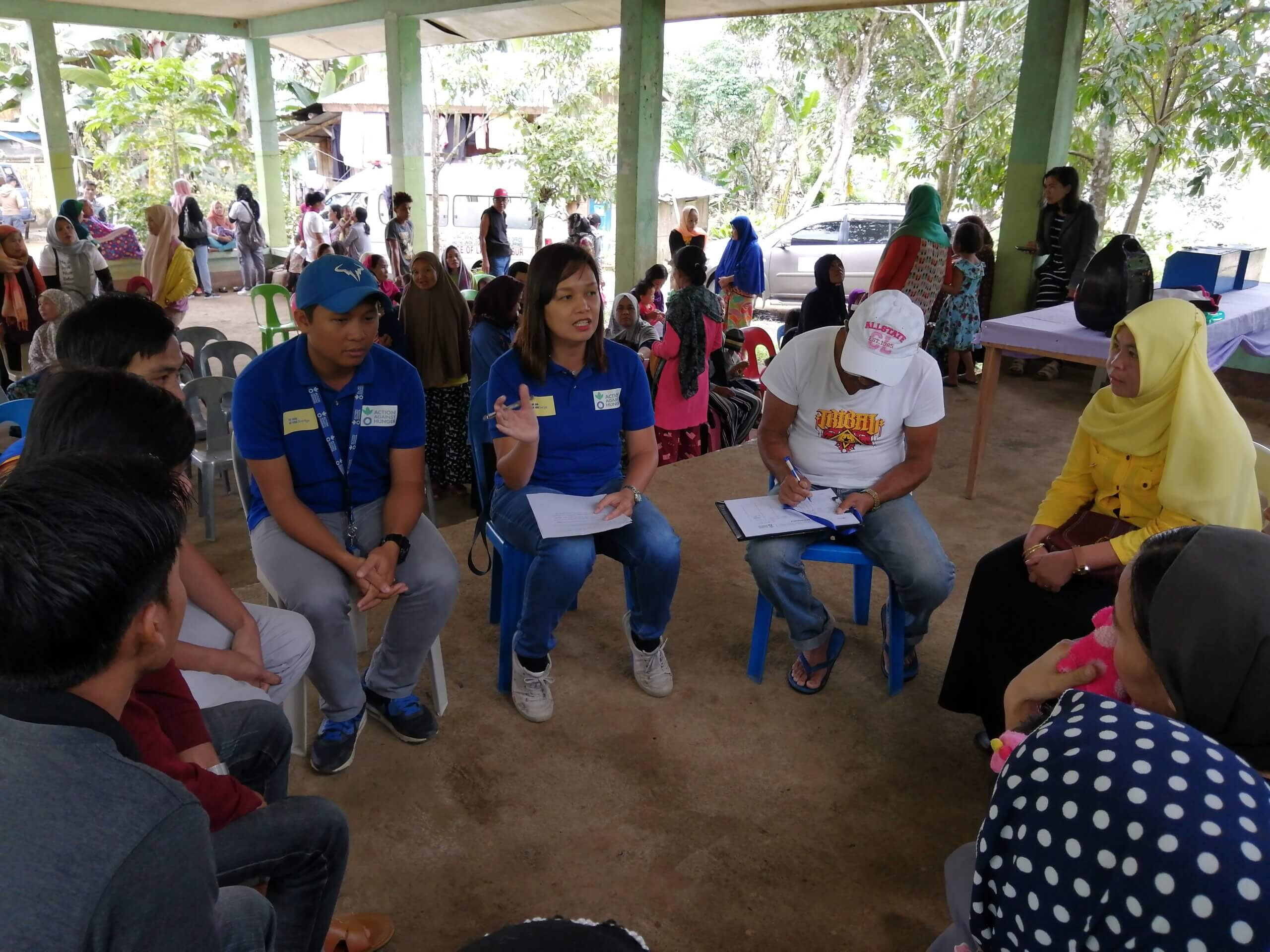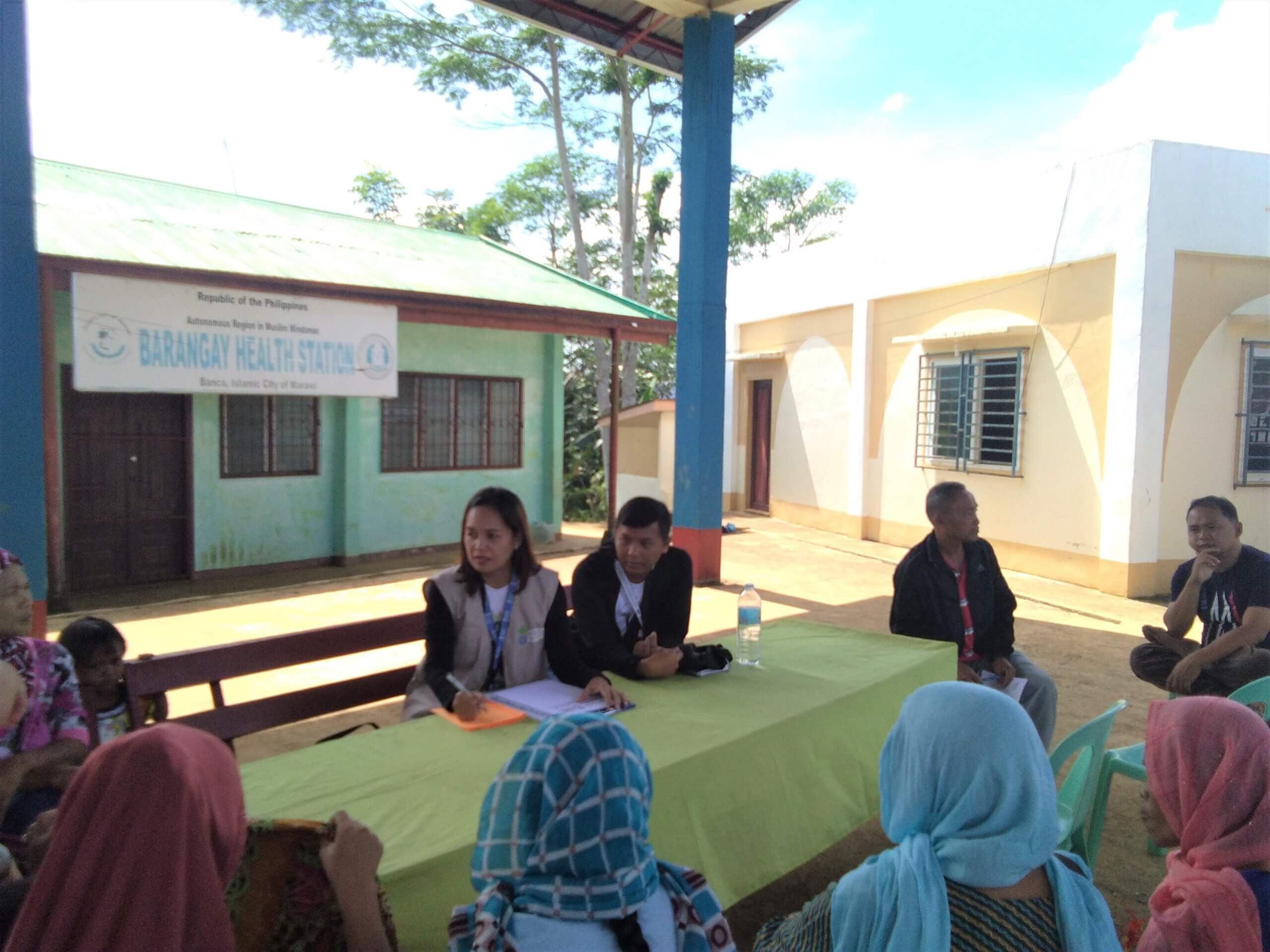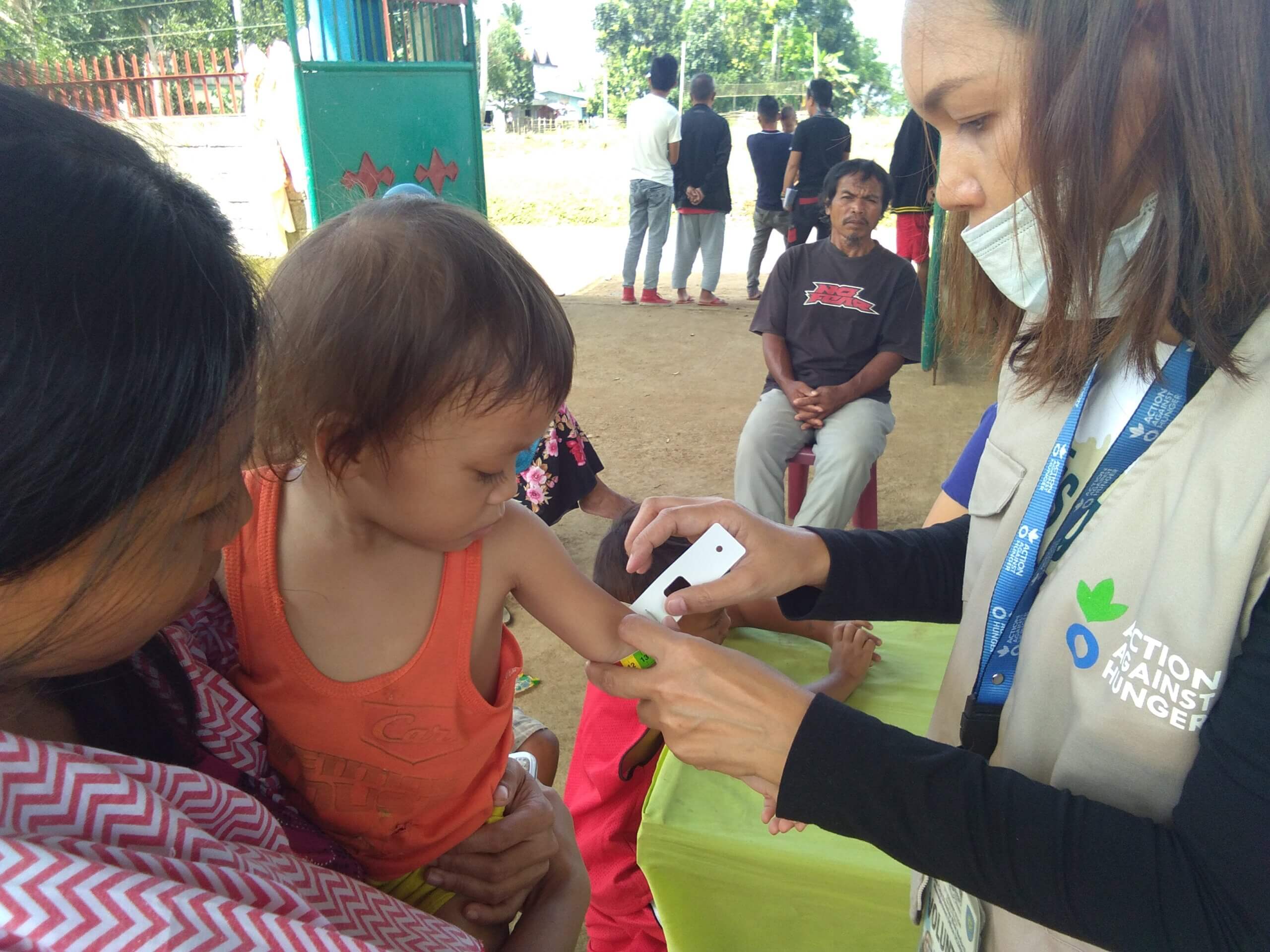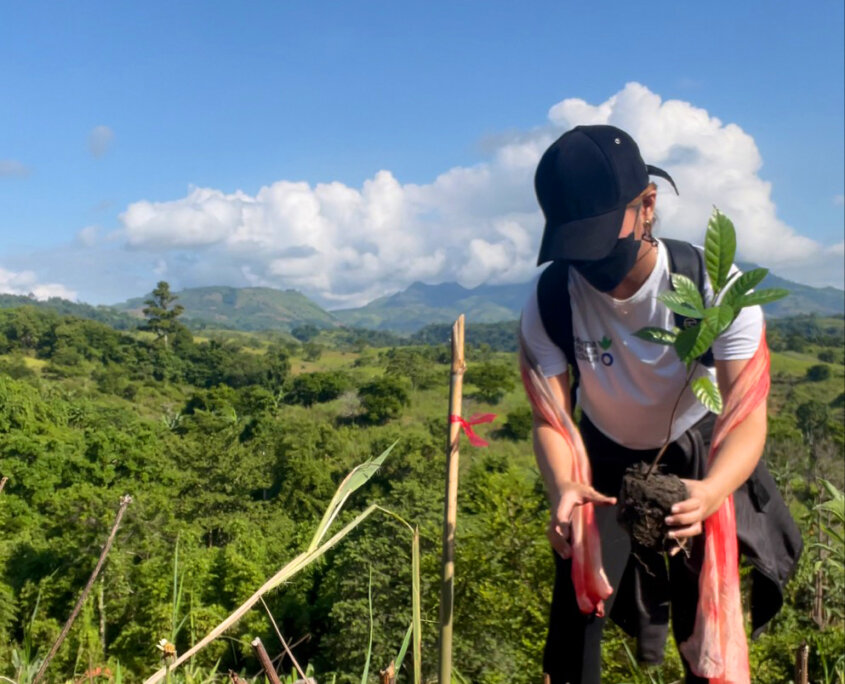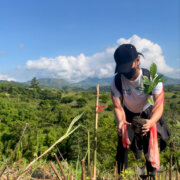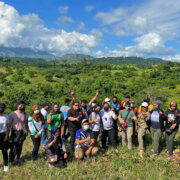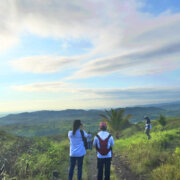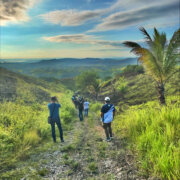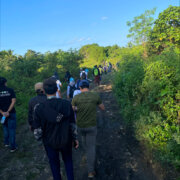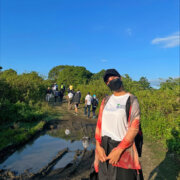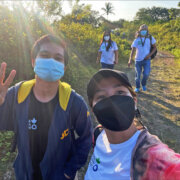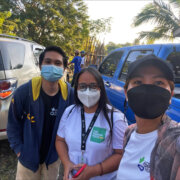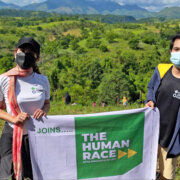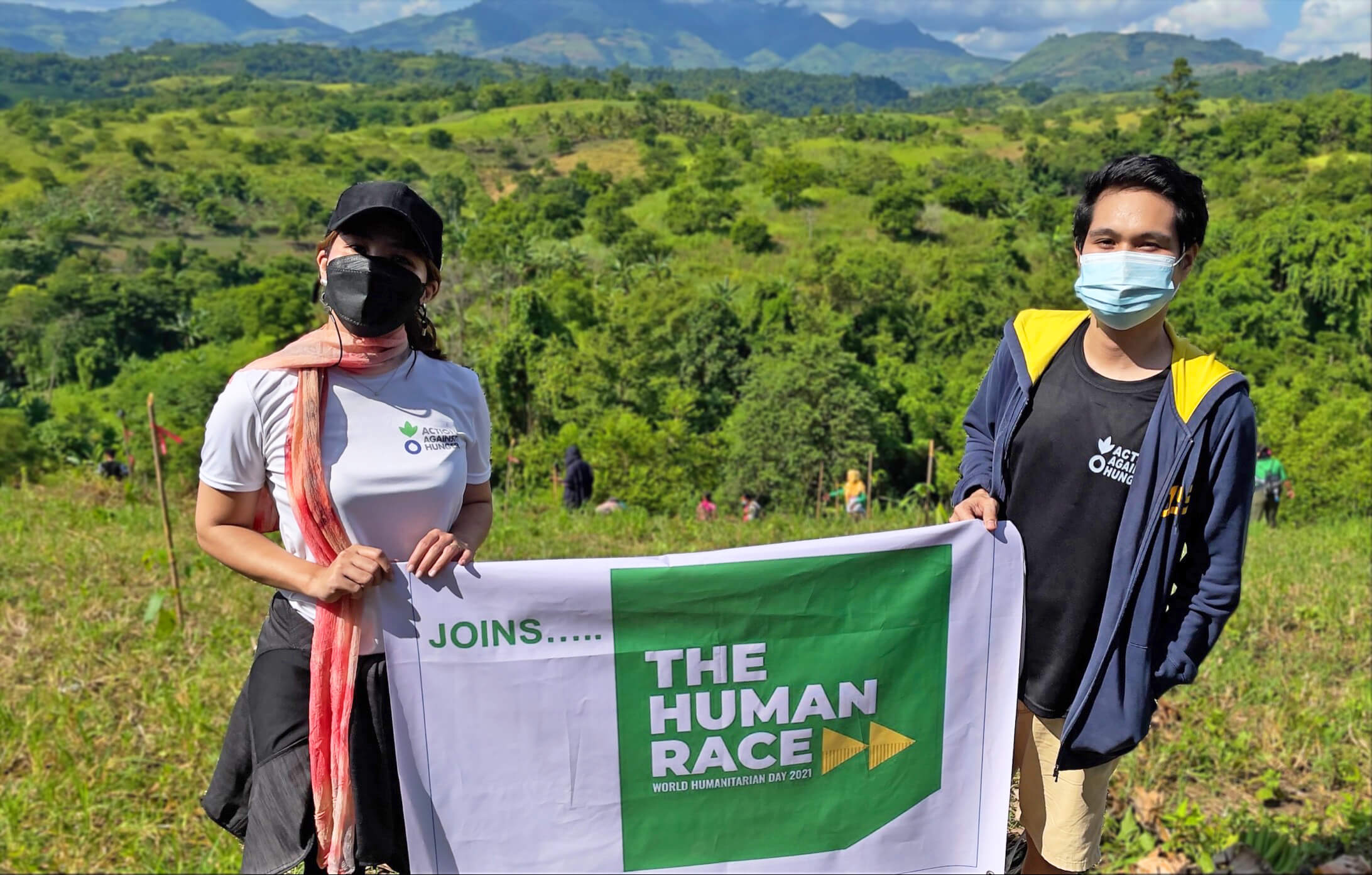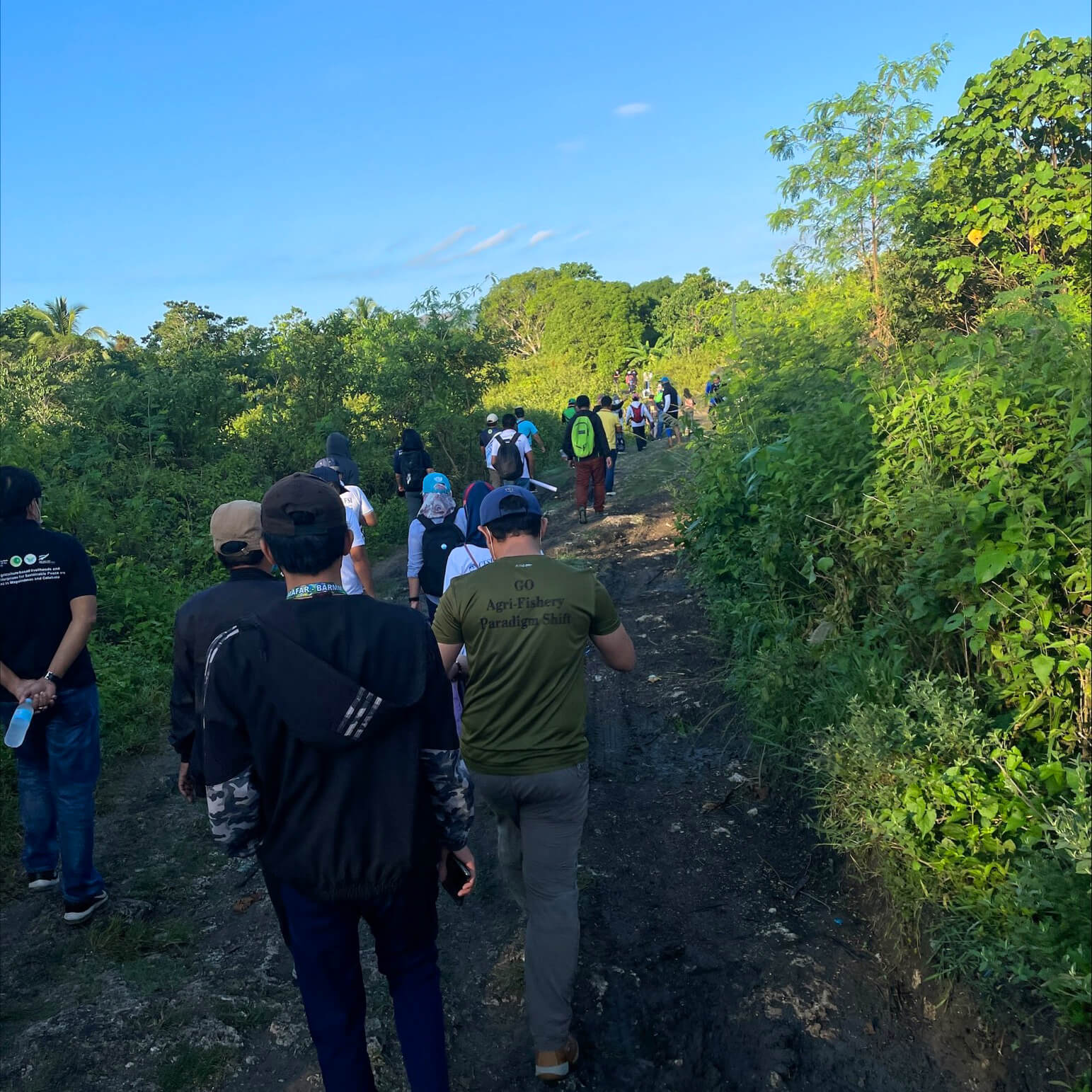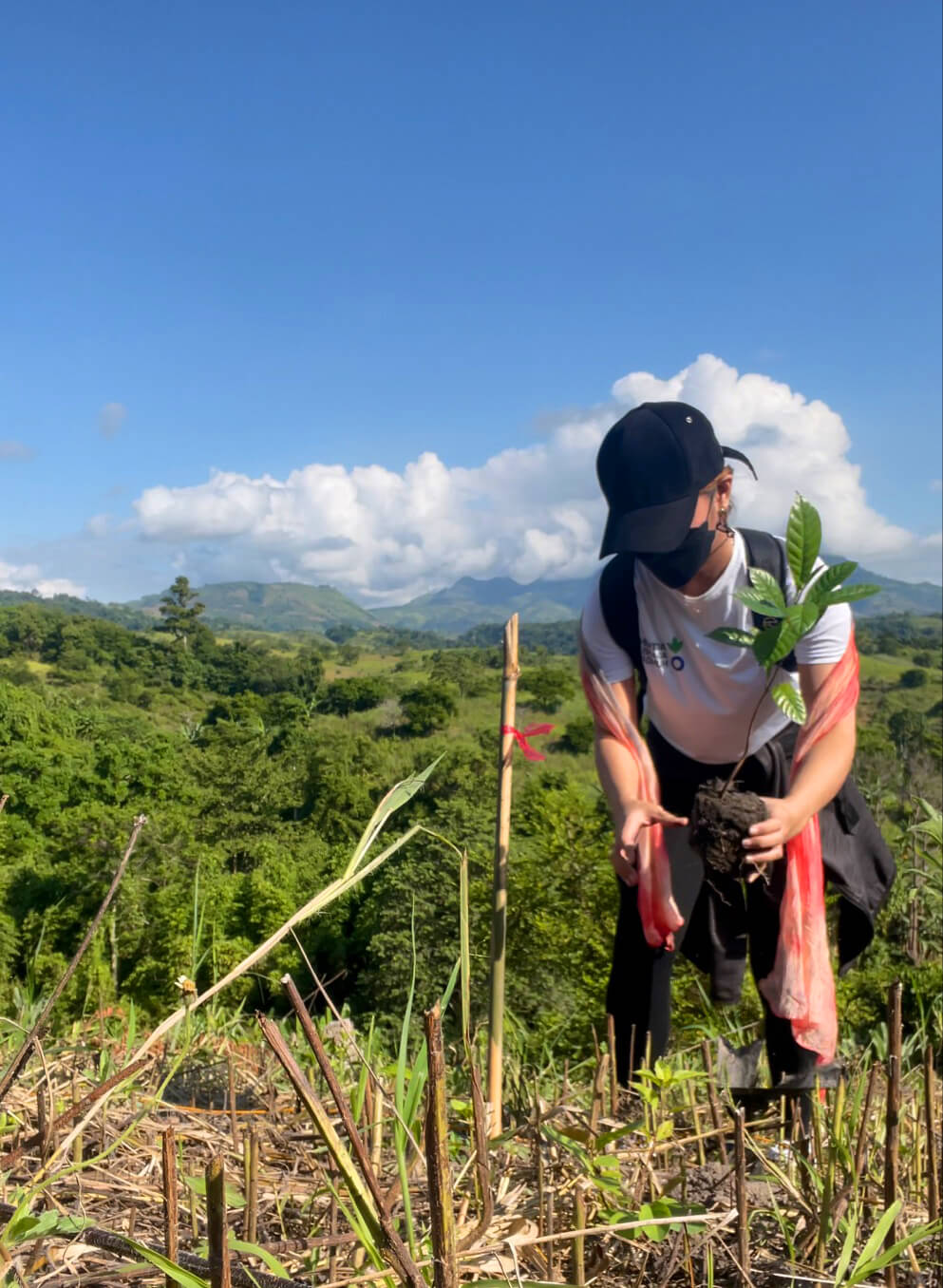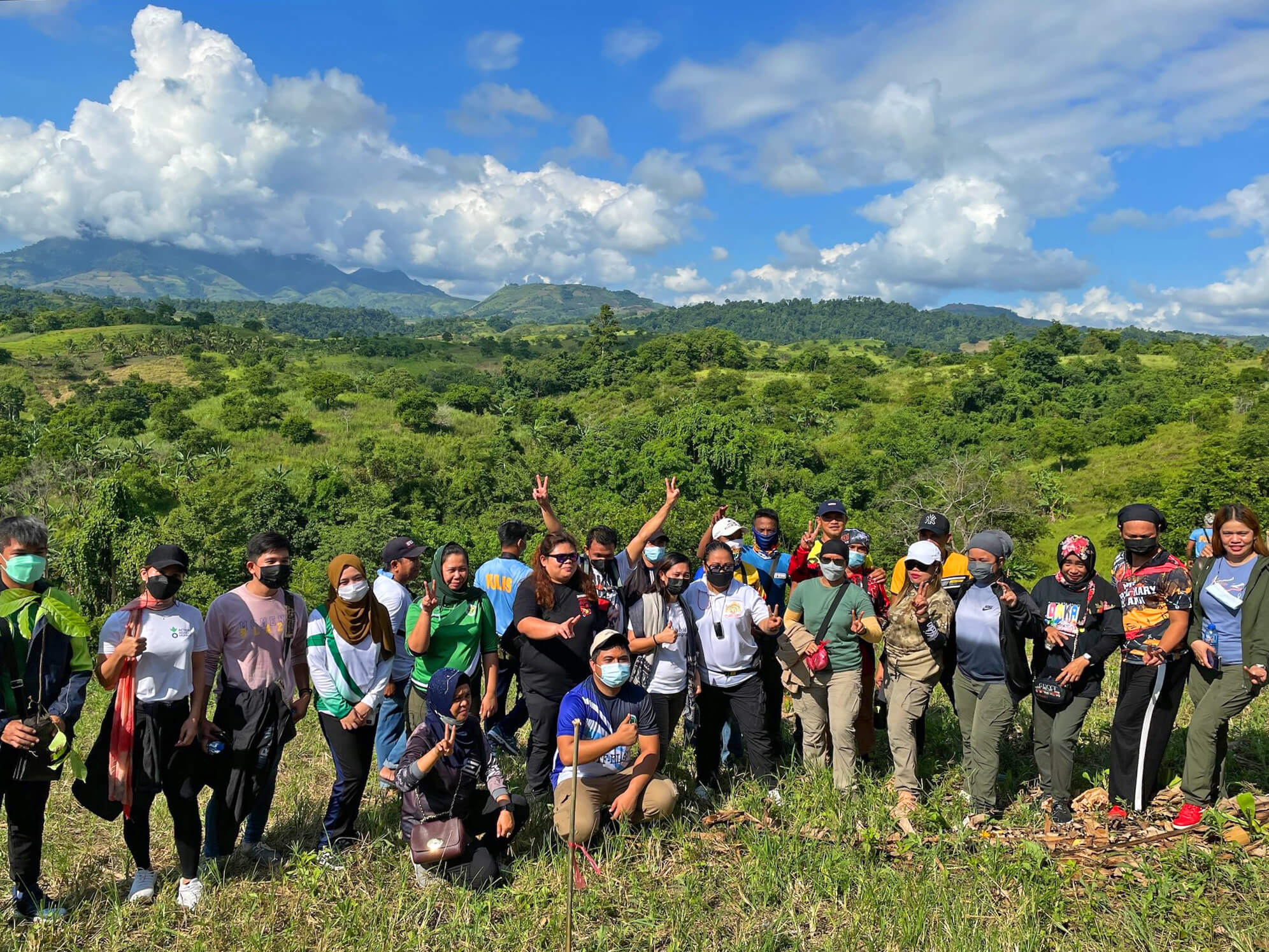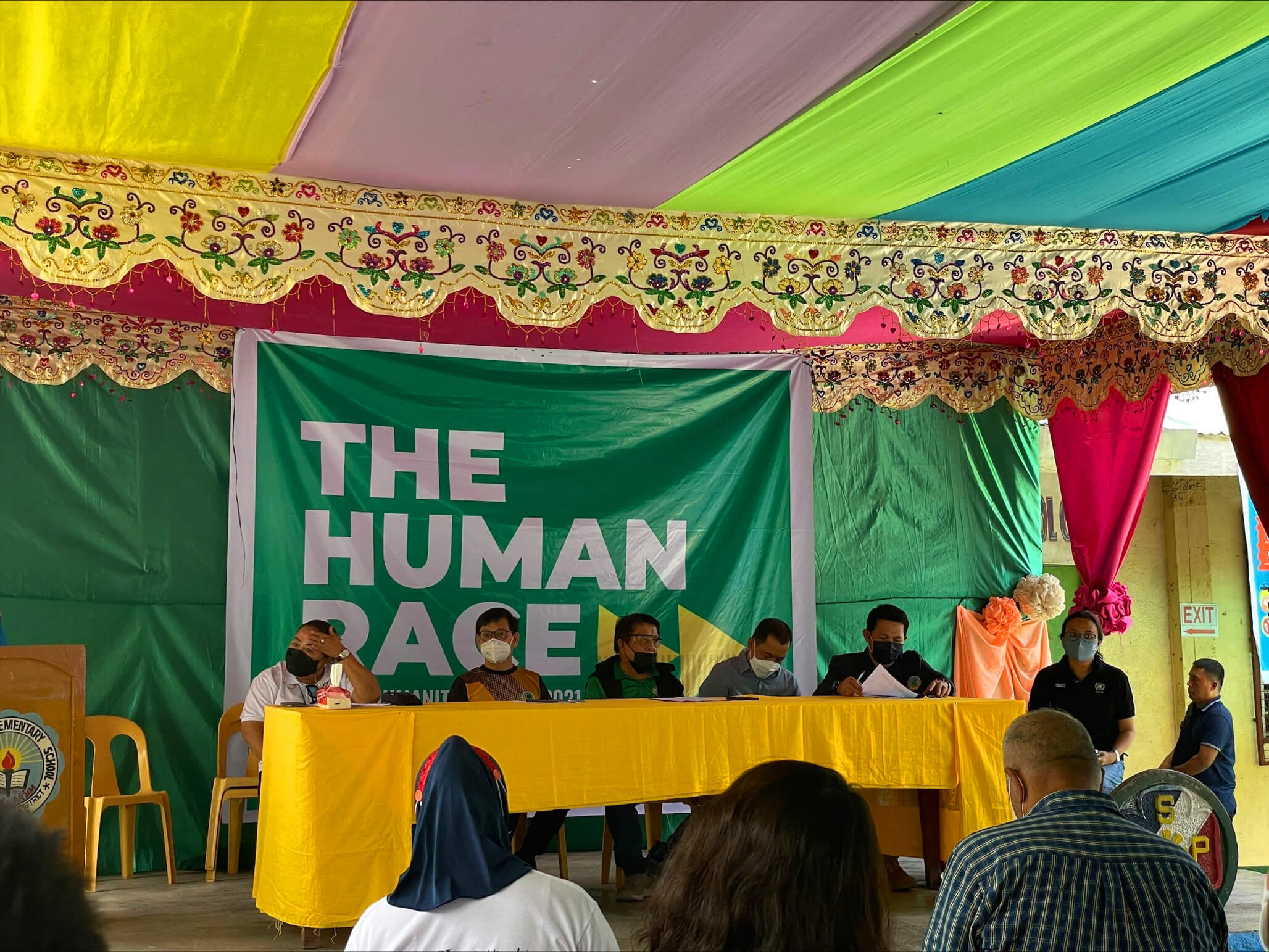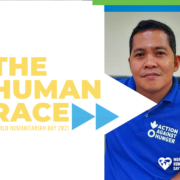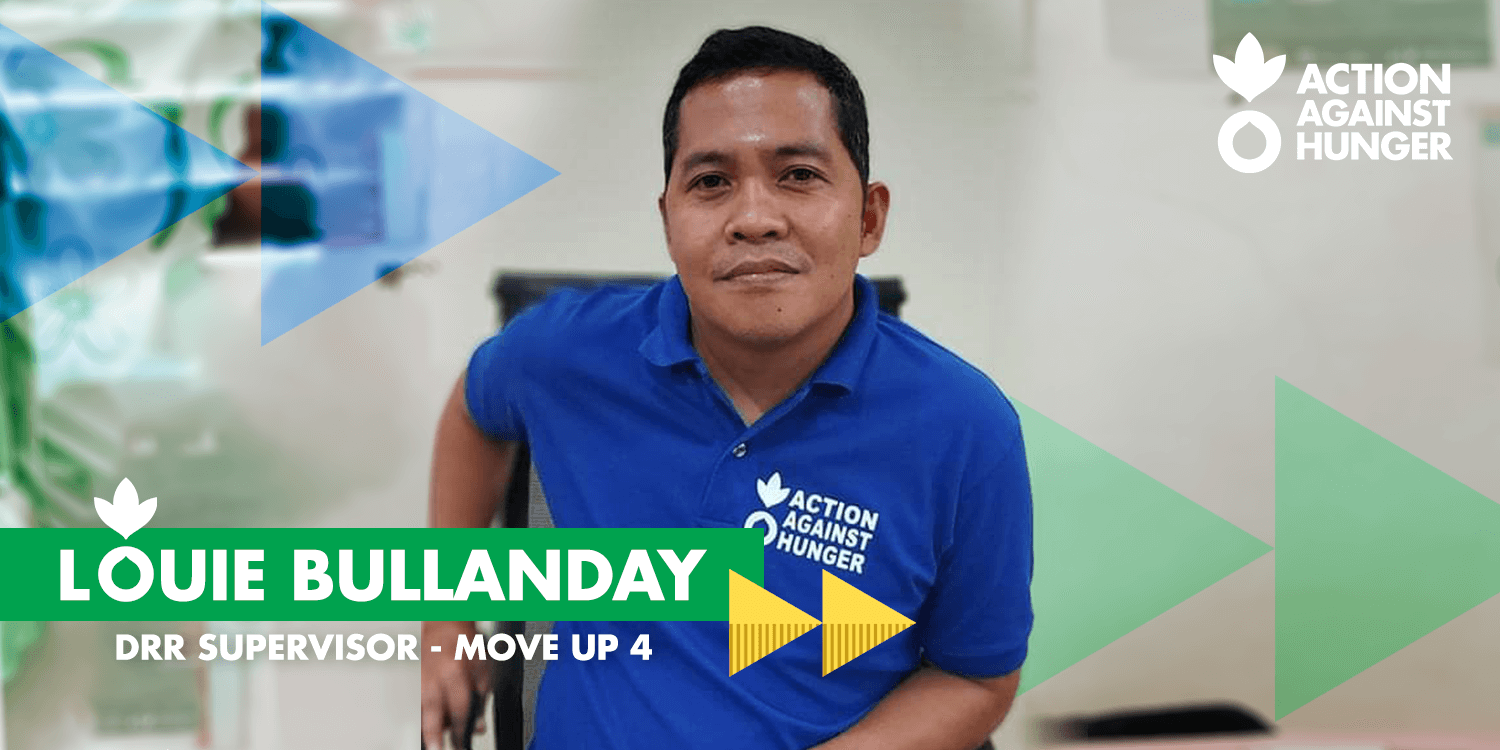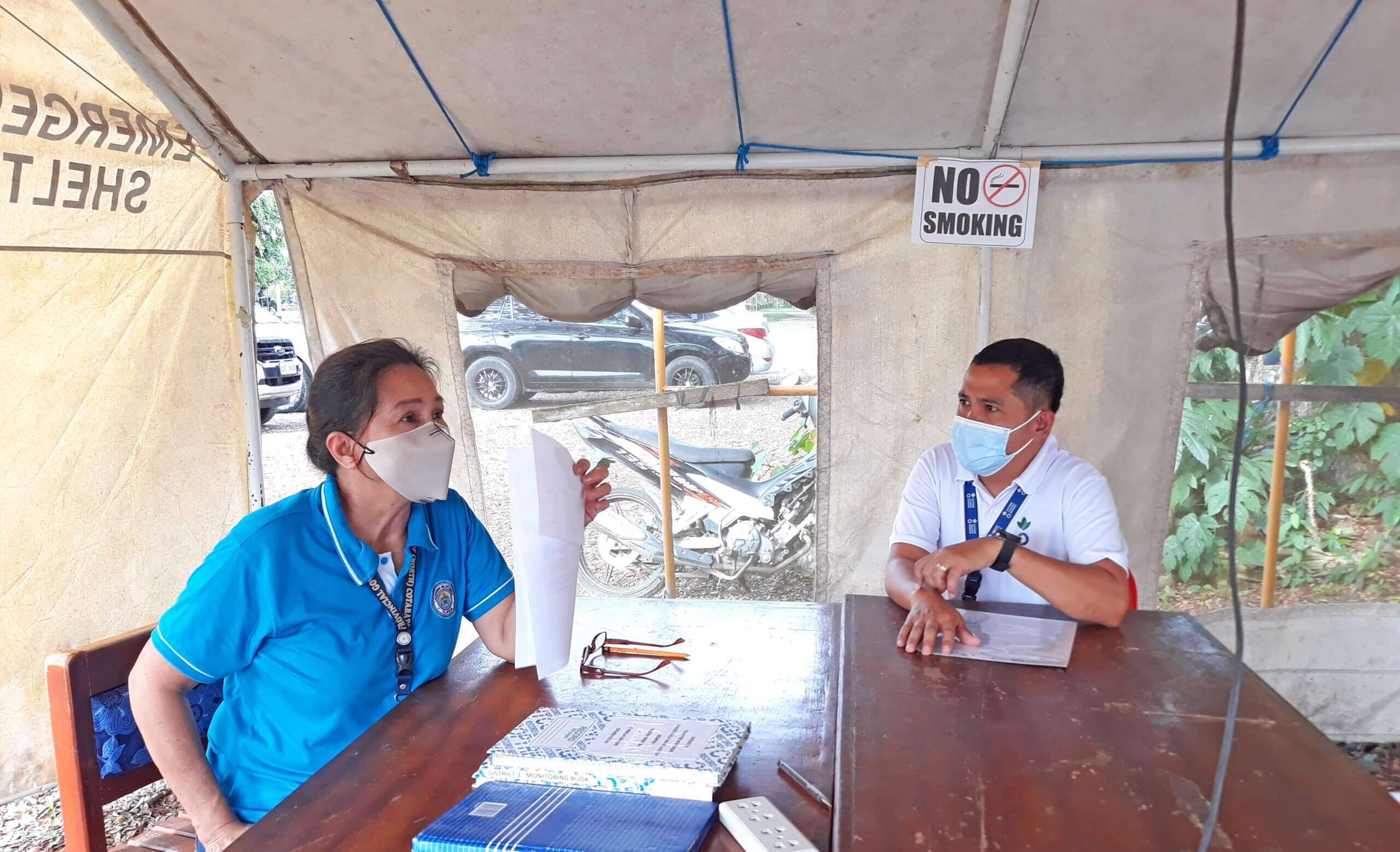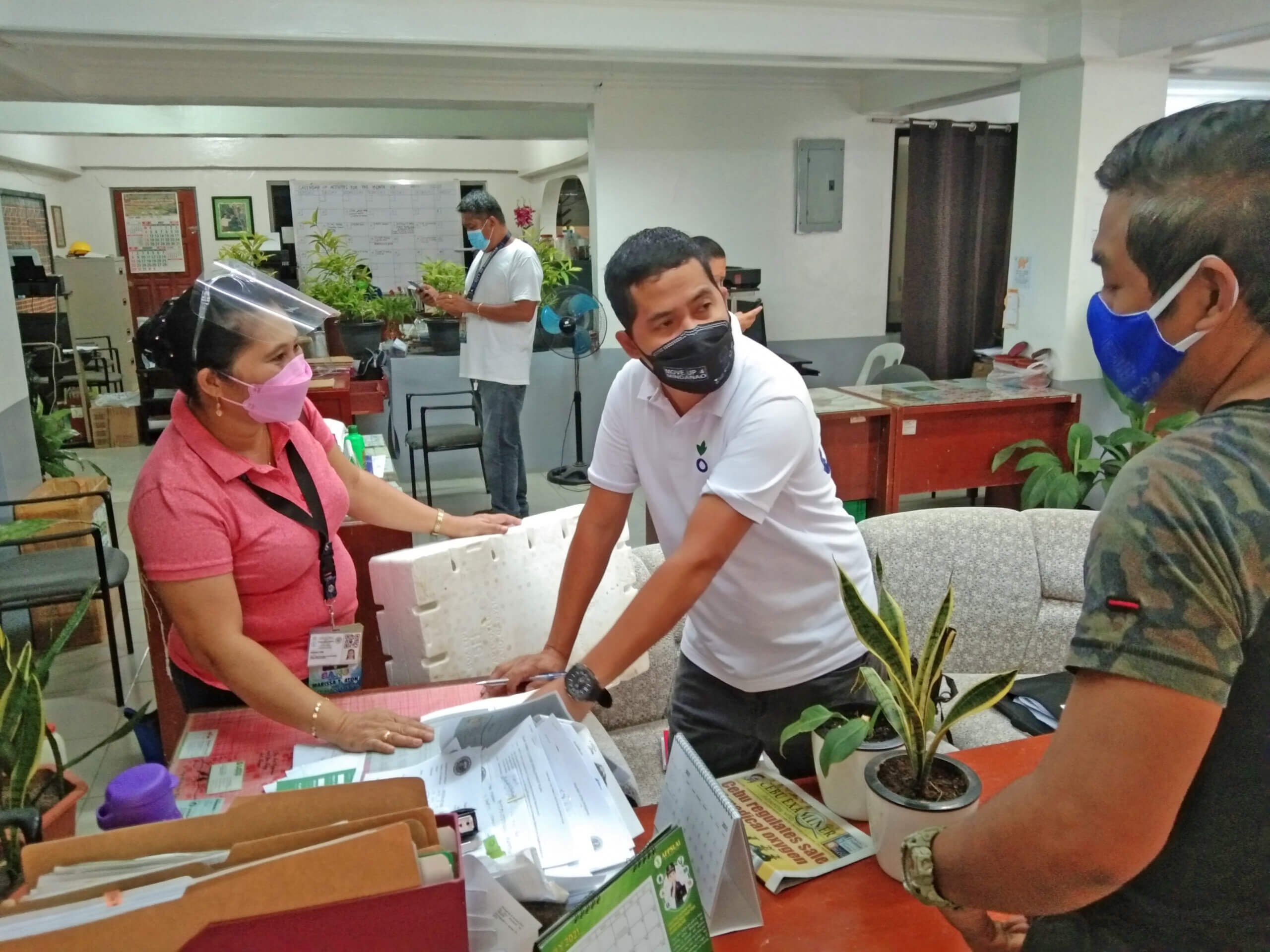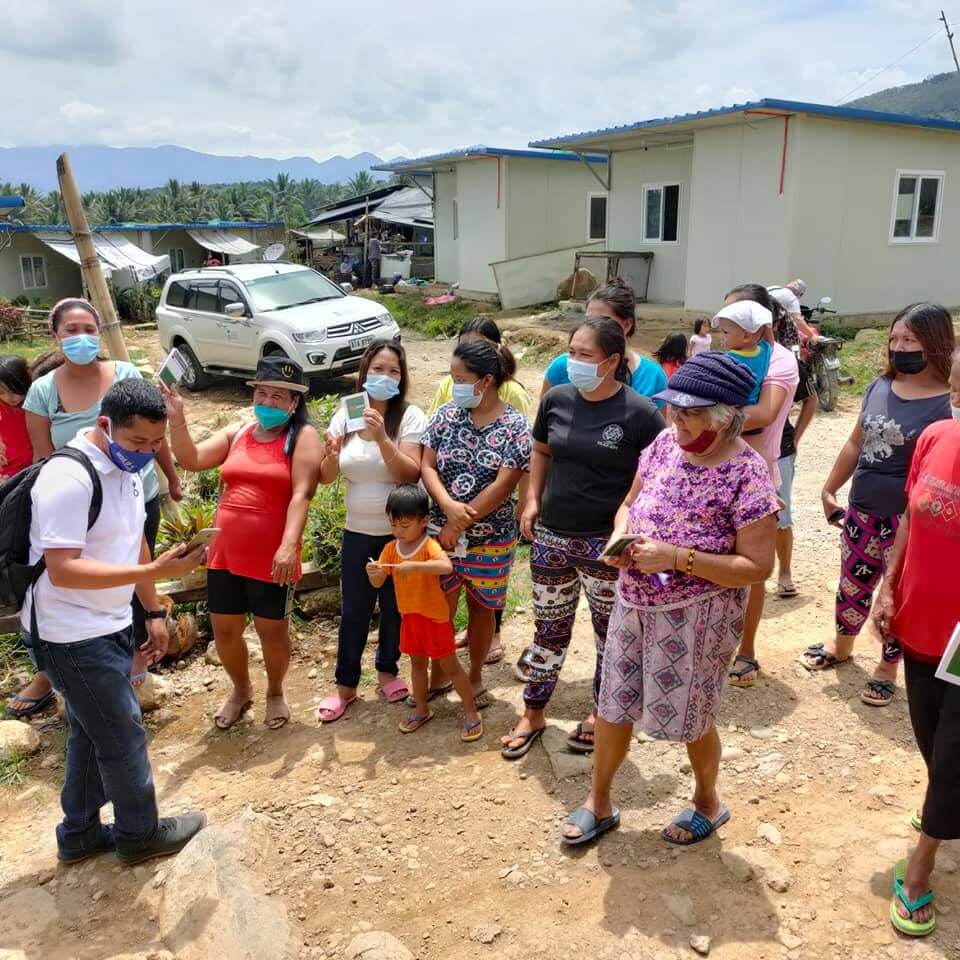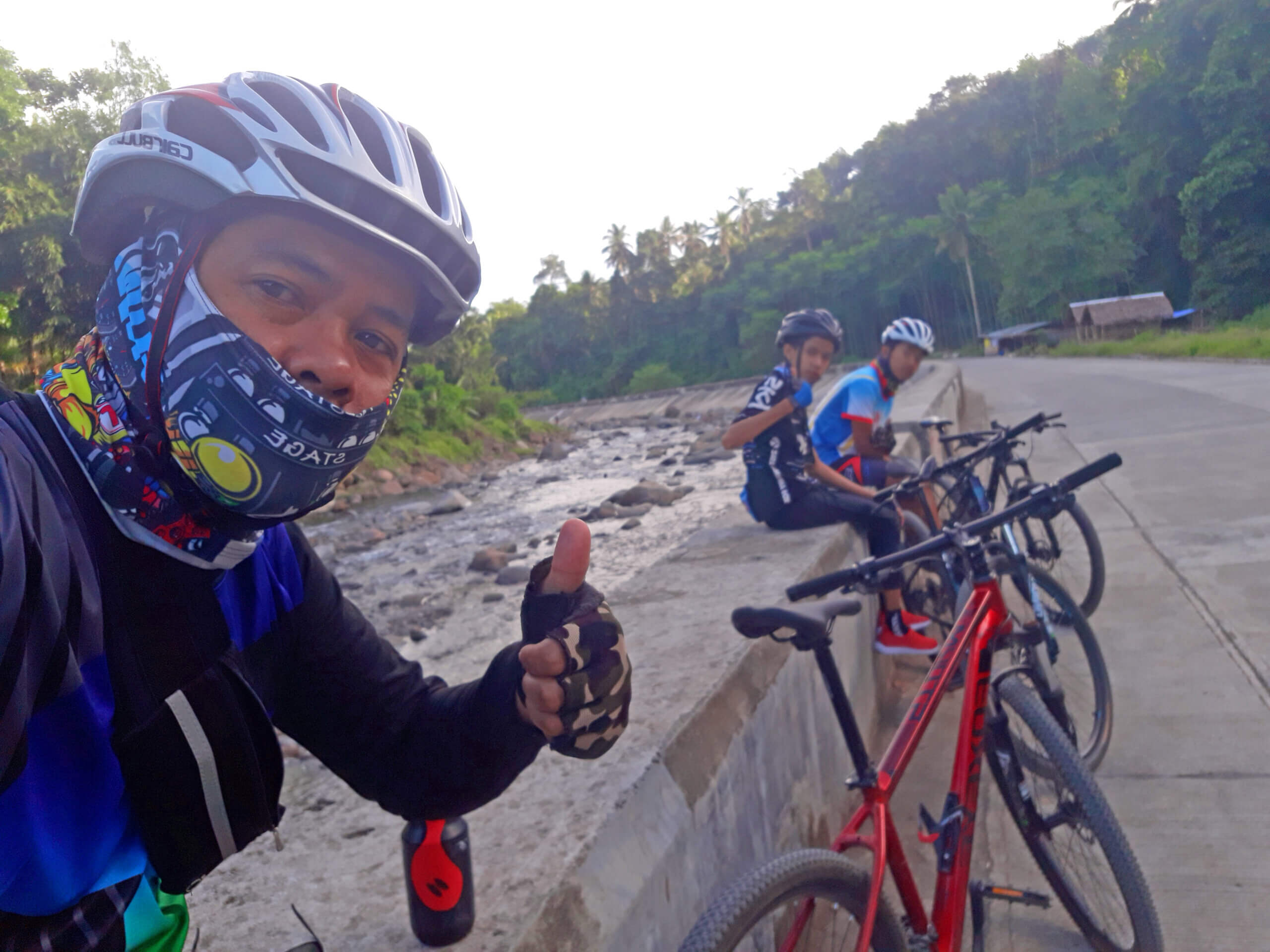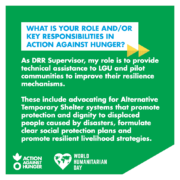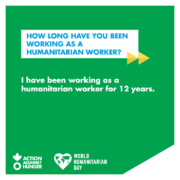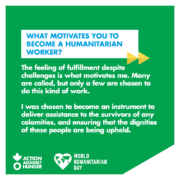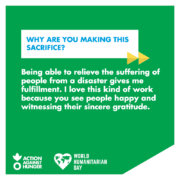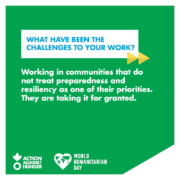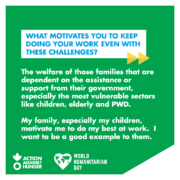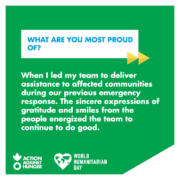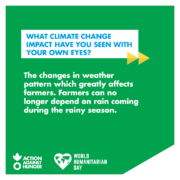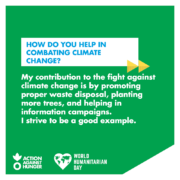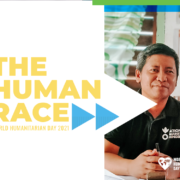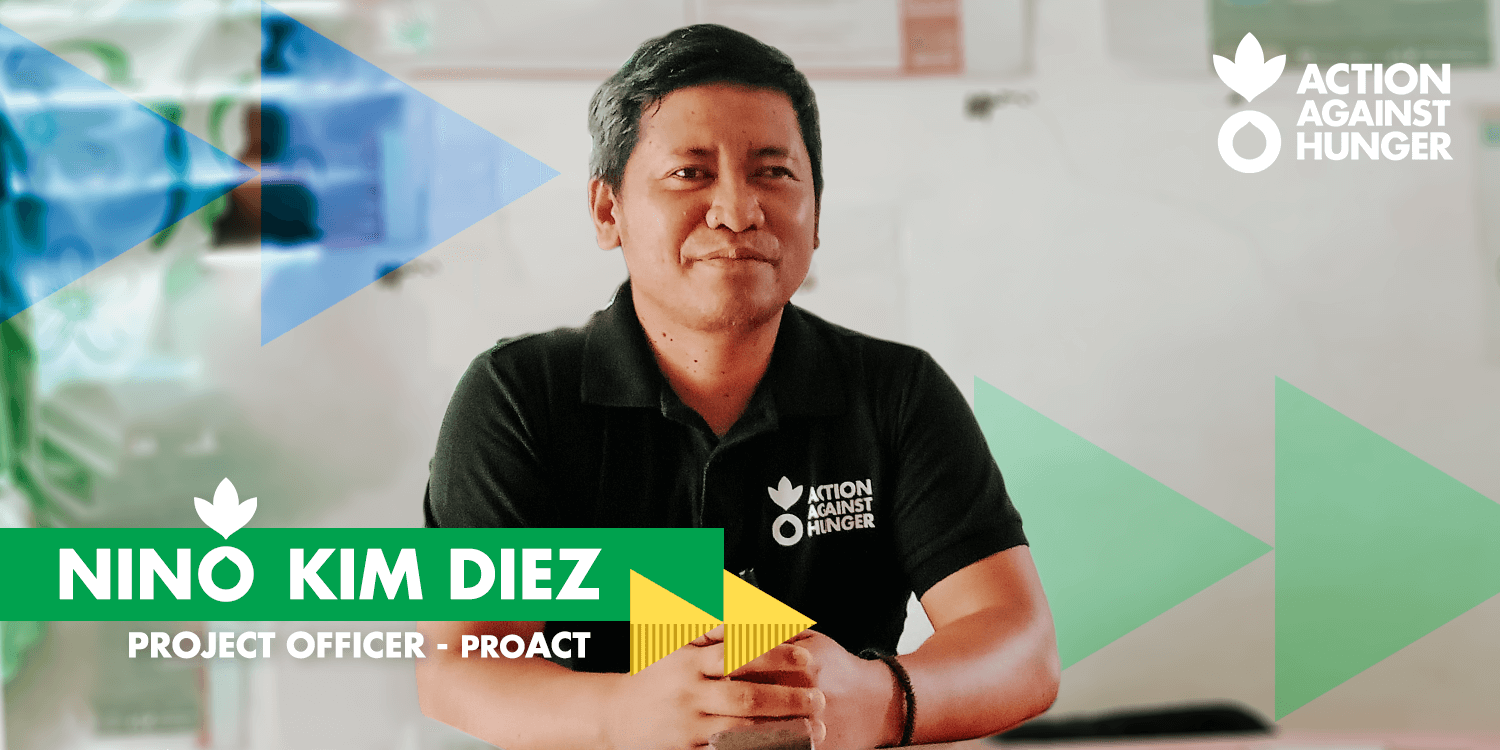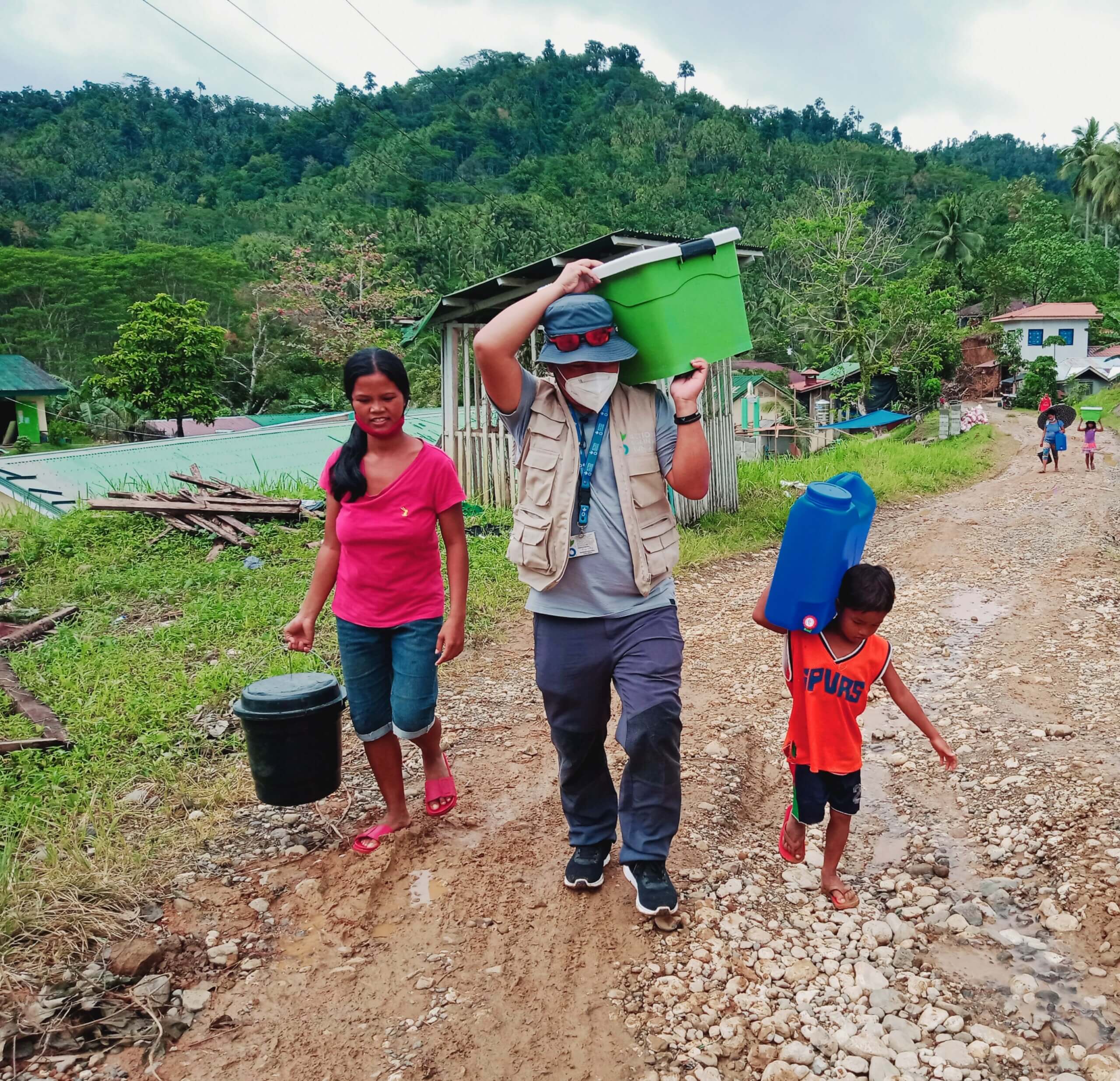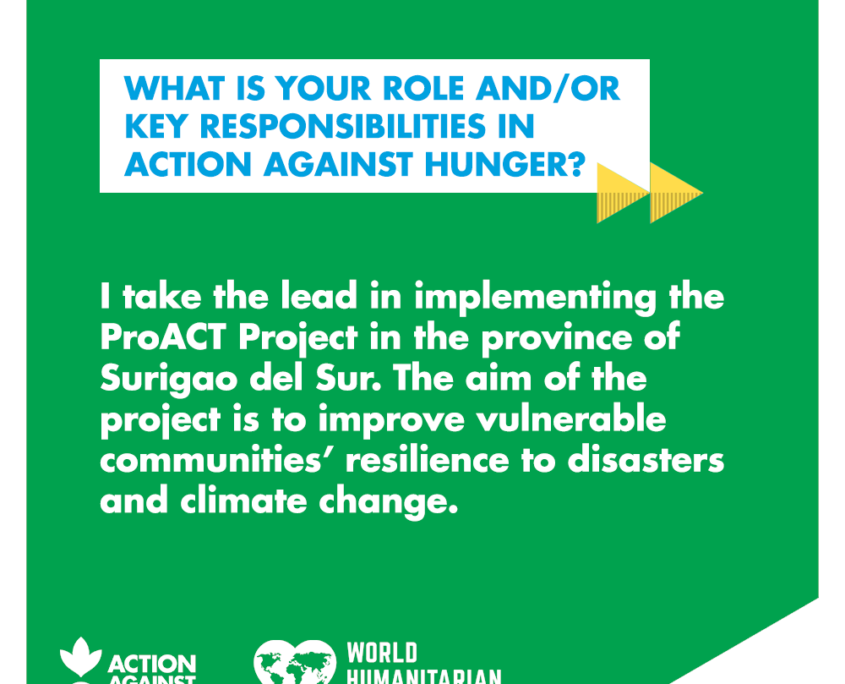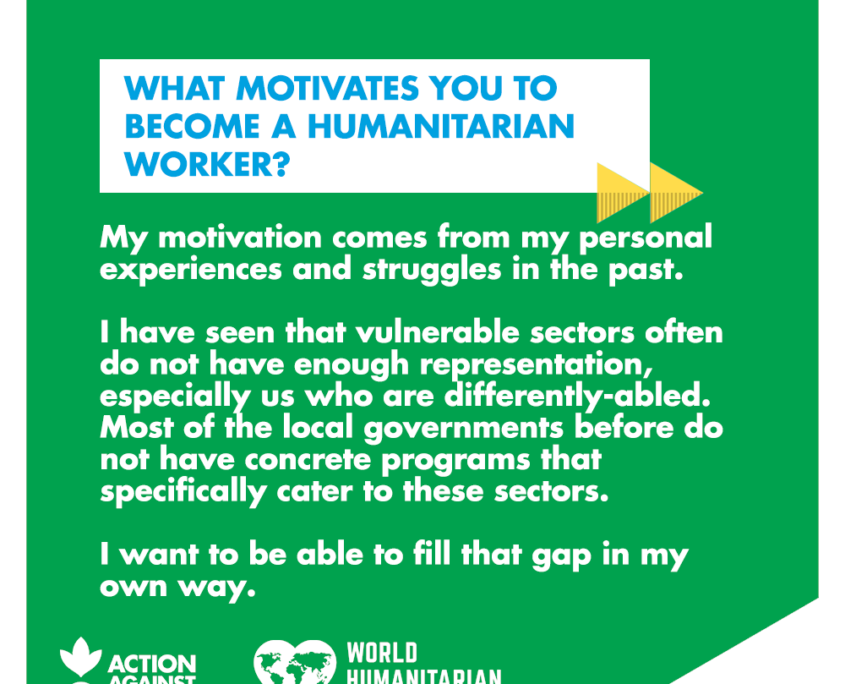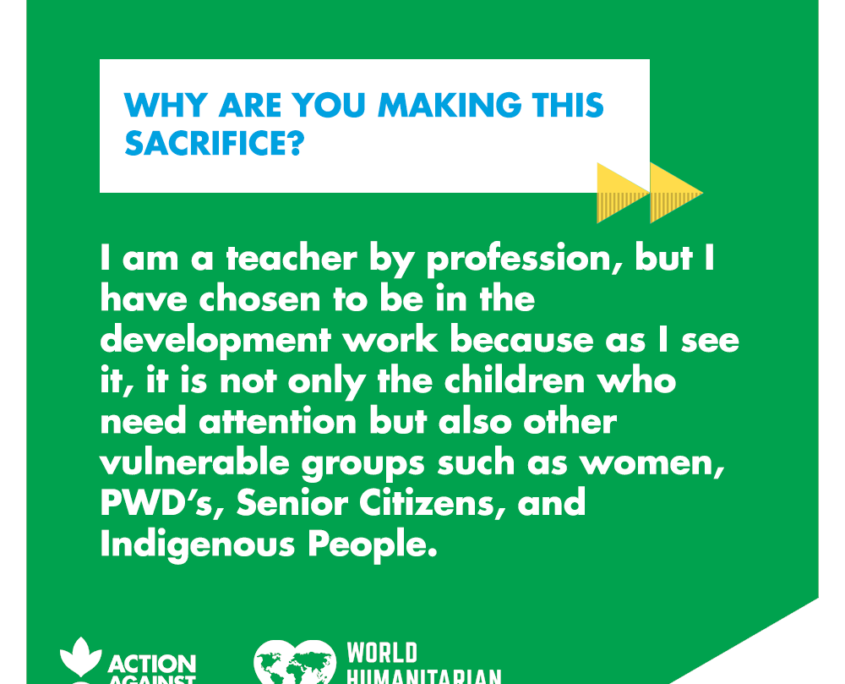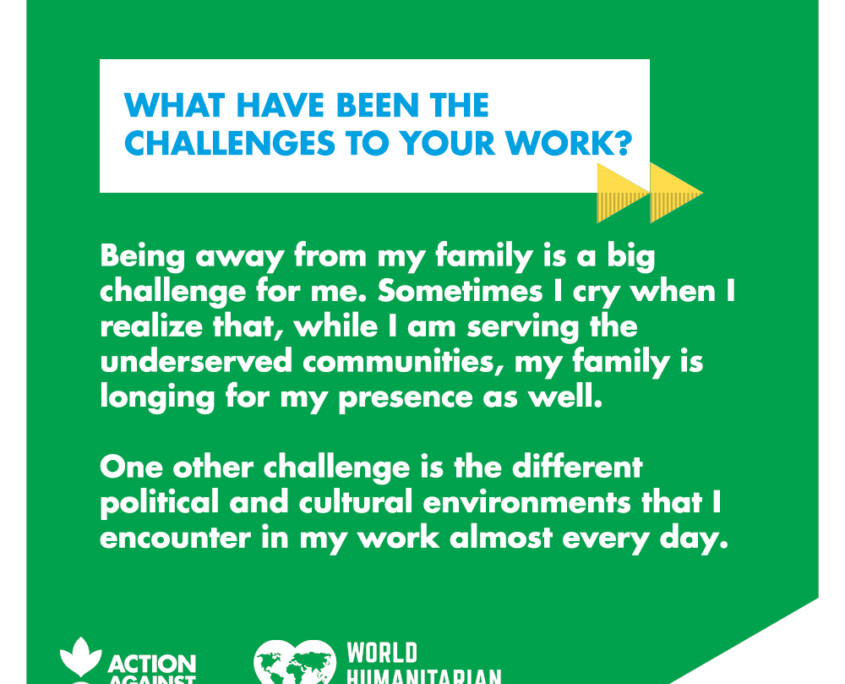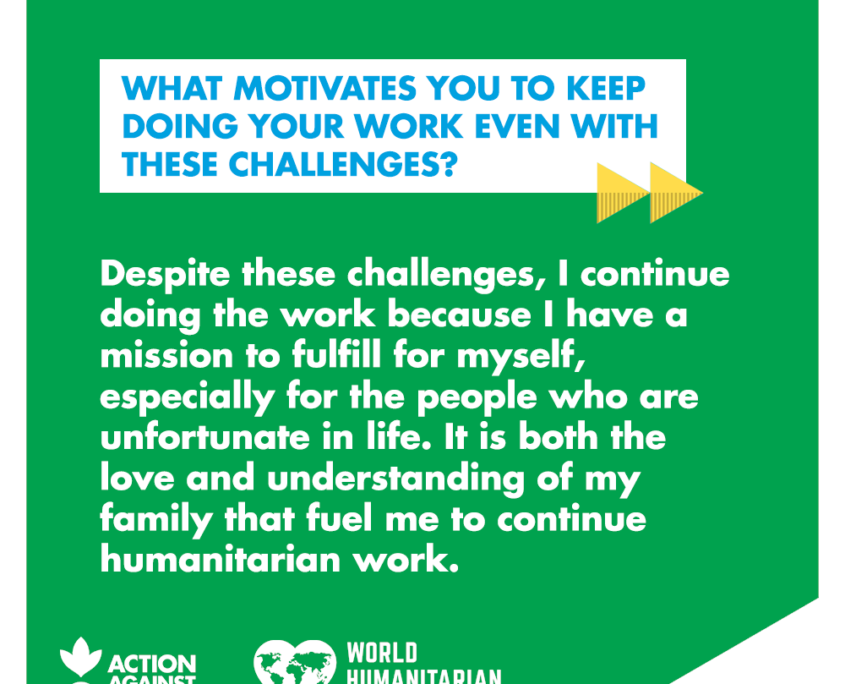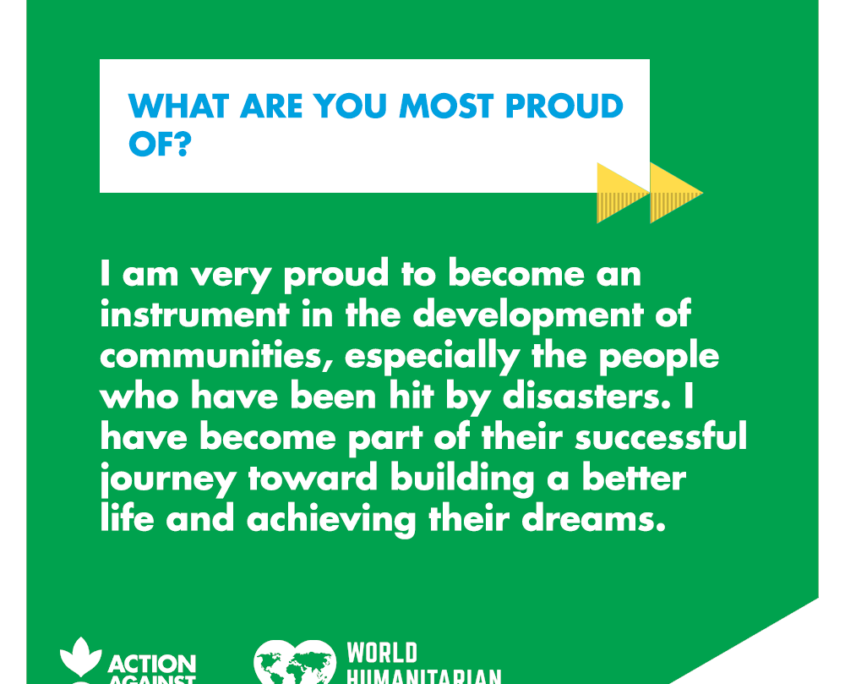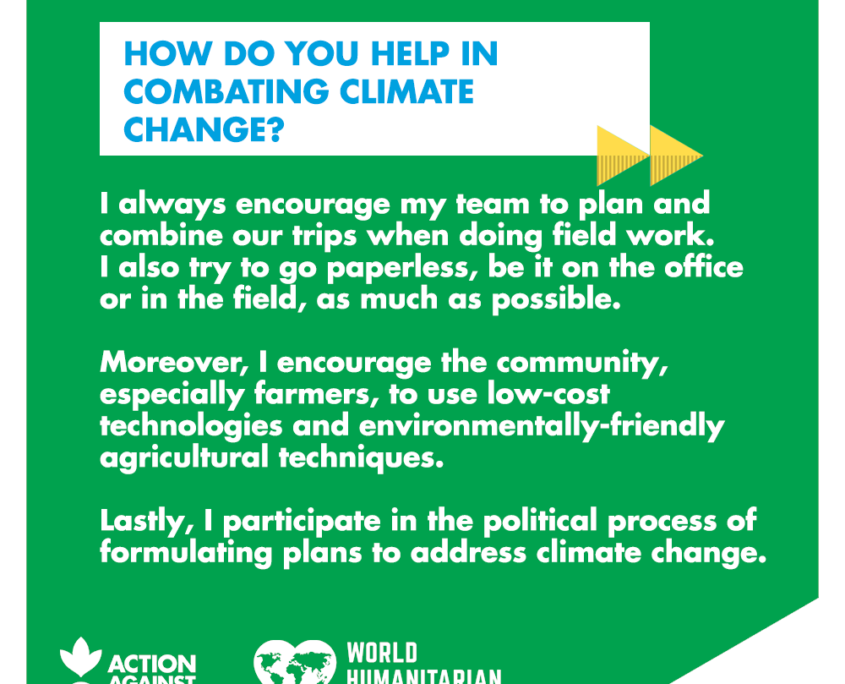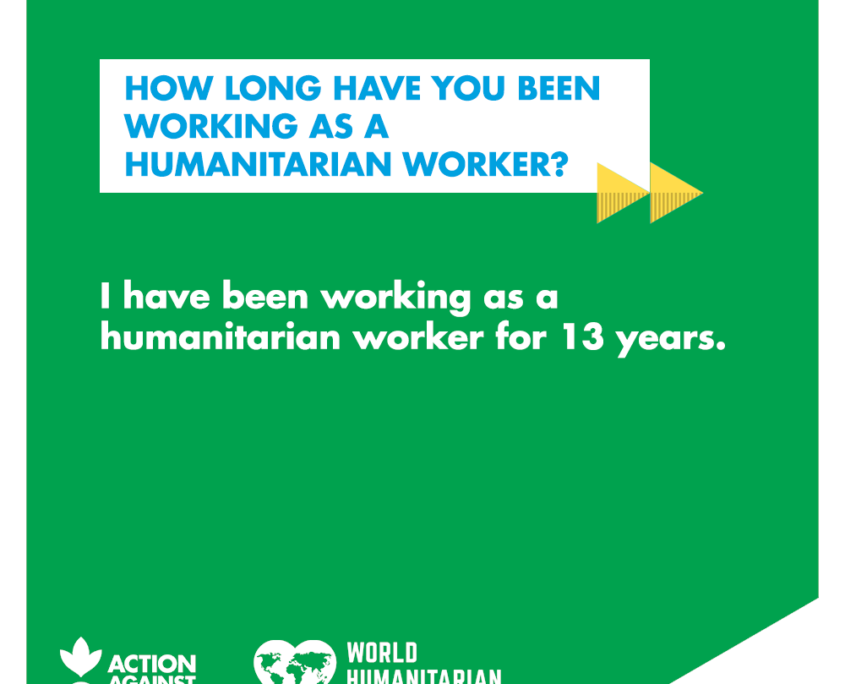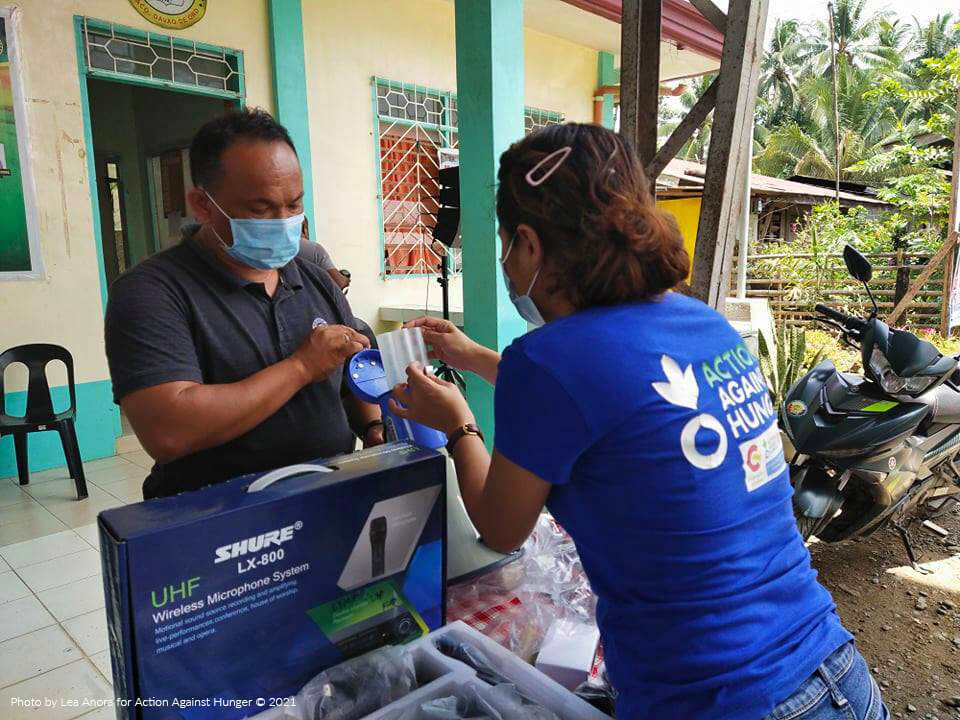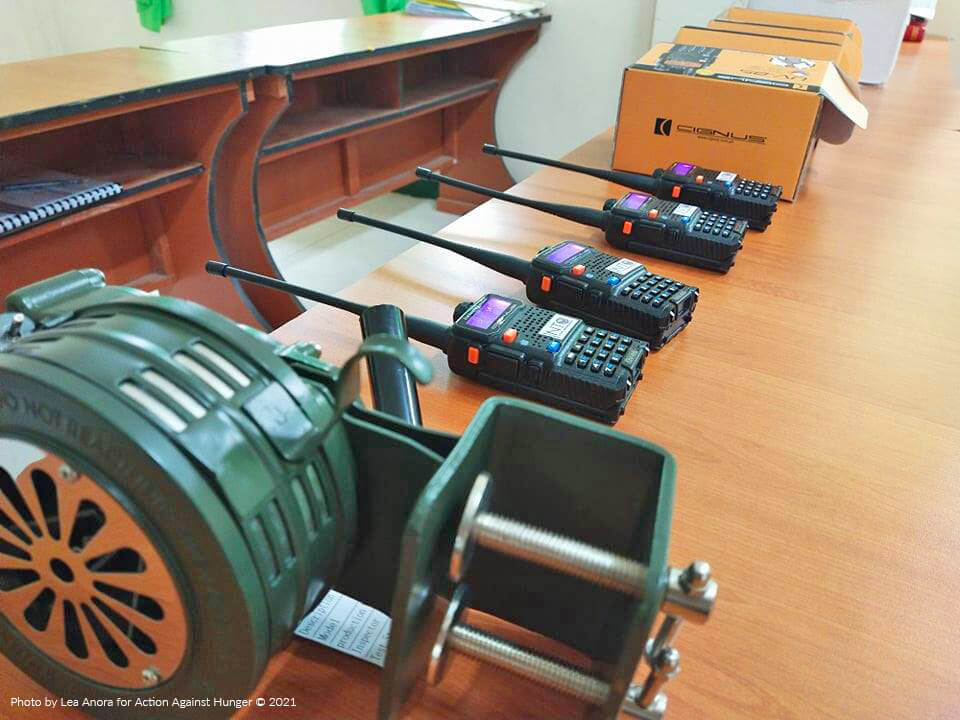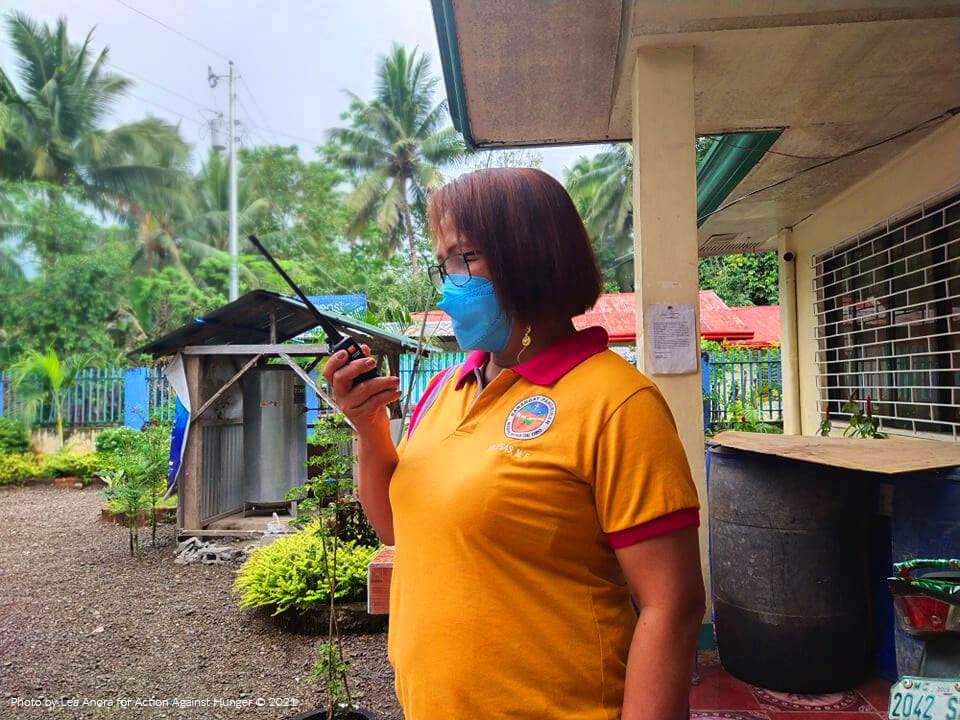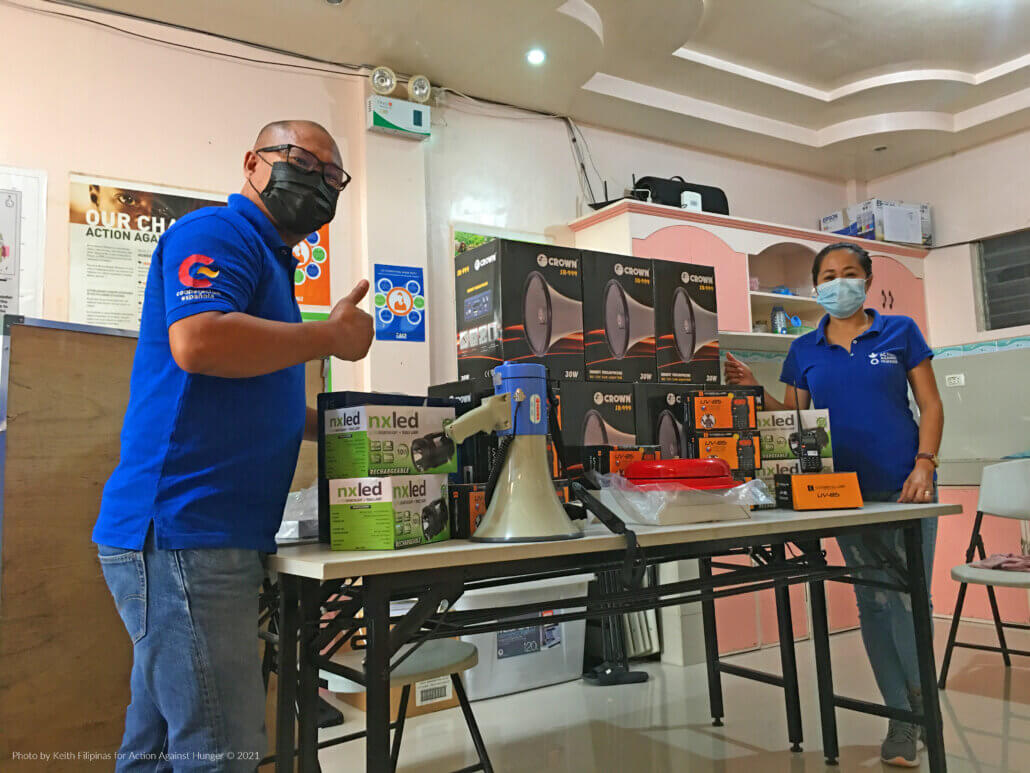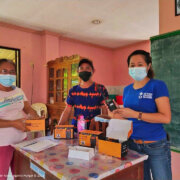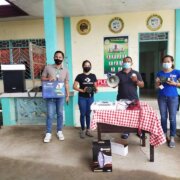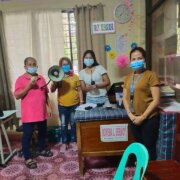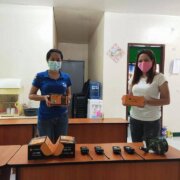Launching the first Climate Outlook Forum for Maguindanao and Lanao del Sur DRR partners
MAGUINDANAO — Our disaster risk reduction (DRR) project focused on the Bangsamoro Autonomous Region in Muslim Mindanao (BARMM) launched its 1st Maguindanao & Lanao del Sur Climate Outlook Forum last September 2, 2021.
In partnership with the Philippine Atmospheric, Geophysical and Astronomical Services Administration (PAGASA), the forum was facilitated online by Action Against Hunger’s Cotabato team. Charly Jamero, the Chief Meteorological Officer for the Ministry of Science & Technology – PAGASA, serves as the key resource speaker for the said activity.
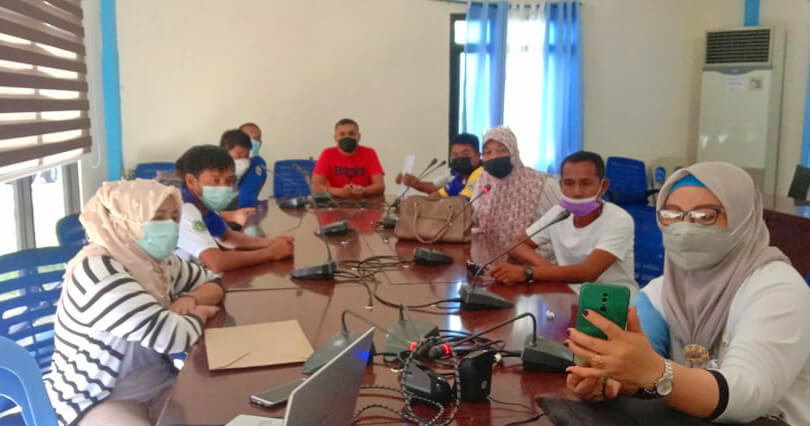
Photo by Michael Ryan Queman for Action Against Hunger
A total of 58 people participated in the virtual forum—among these were representatives from the municipal and barangay government units, along with key agencies in BARMM. Members of the People’s Organization also attended the event. Some municipalities like Datu Saudi Ampatuan, Datu Piang, and Rajah Buayan organized viewing sessions for individual participants that had limited or no internet connection in their respective households. A number of attendees who were not based in Maguindanao also joined the session.

Photo by Michael Ryan Queman for Action Against Hunger
For the activity, Ms. Jamero gave an overview of climate outlook. She then proceeded to discuss anticipated weather and climate updates in Visayas & Mindanao from September 2021 until January 2022.
“We want to level down, localize, and contextualize climate information and use it for decision-making. We hope that this climate outlook fora can be a means for our community members and decision-makers to utilize these learnings in improving our resilience-building strategies. We should be able to make an informed decision out of the climate information that we have.” – Juan Blenn Huelgas, Action Against Hunger DRR Coordinator
In a concise yet enlightening message, Juan Blenn Huelgas—current Disaster Risk Reduction (DRR) Coordinator for Action Against Hunger Philippines—emphasized the importance of using the information gained from the discussion in drafting local government plans and community decision-making. “We want to level down, localize, and contextualize climate information and use it for decision-making. We hope that this climate outlook fora can be a means for our community members and decision-makers to utilize these learnings in improving our resilience-building strategies. We should be able to make an informed decision out of the climate information that we have,” he said.
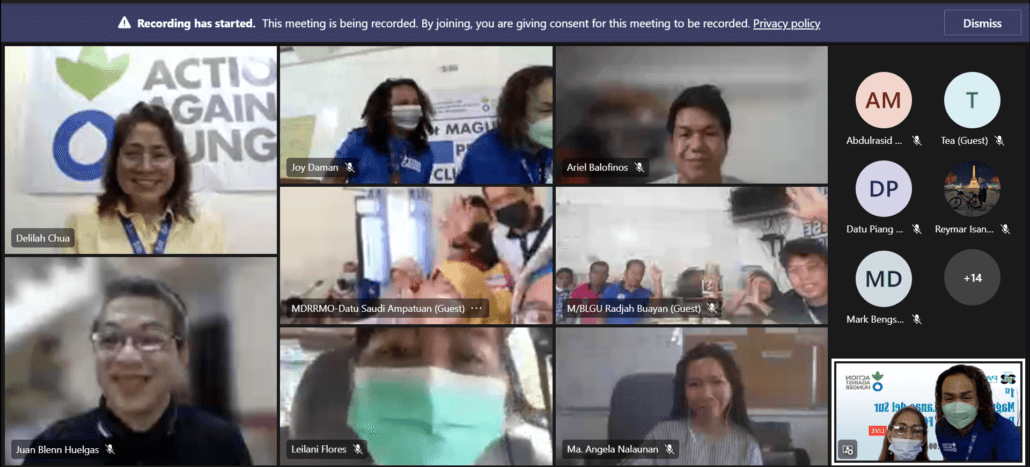
Photo by Michael Ryan Queman for Action Against Hunger
Delilah Chua, Head of Base for Action Against Hunger Cotabato Field Office, also attended the virtual forum and thanked all partners, participants, and facilitators for taking part in the first round of discussion on climate outlook.
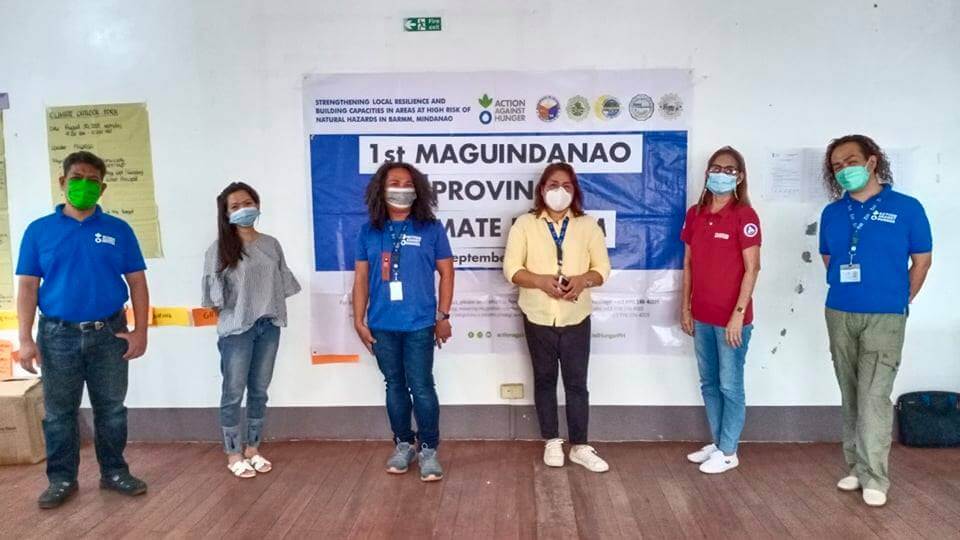
BHA-DRR / Cotabato Team (Photo courtesy of Michael Ryan Queman)
Strengthening Local Resilience and Building Capacities in Area at High Risk of Natural Hazards in BARMM, Mindanao‘ is a disaster risk reduction (DRR) project funded by the United States Agency for International Development’s Bureau for Humanitarian Assistance (USAID-BHA) and implemented by Action Against Hunger.
Written by Michael Ryan Queman | Edited by Joyce Sandajan Read more



